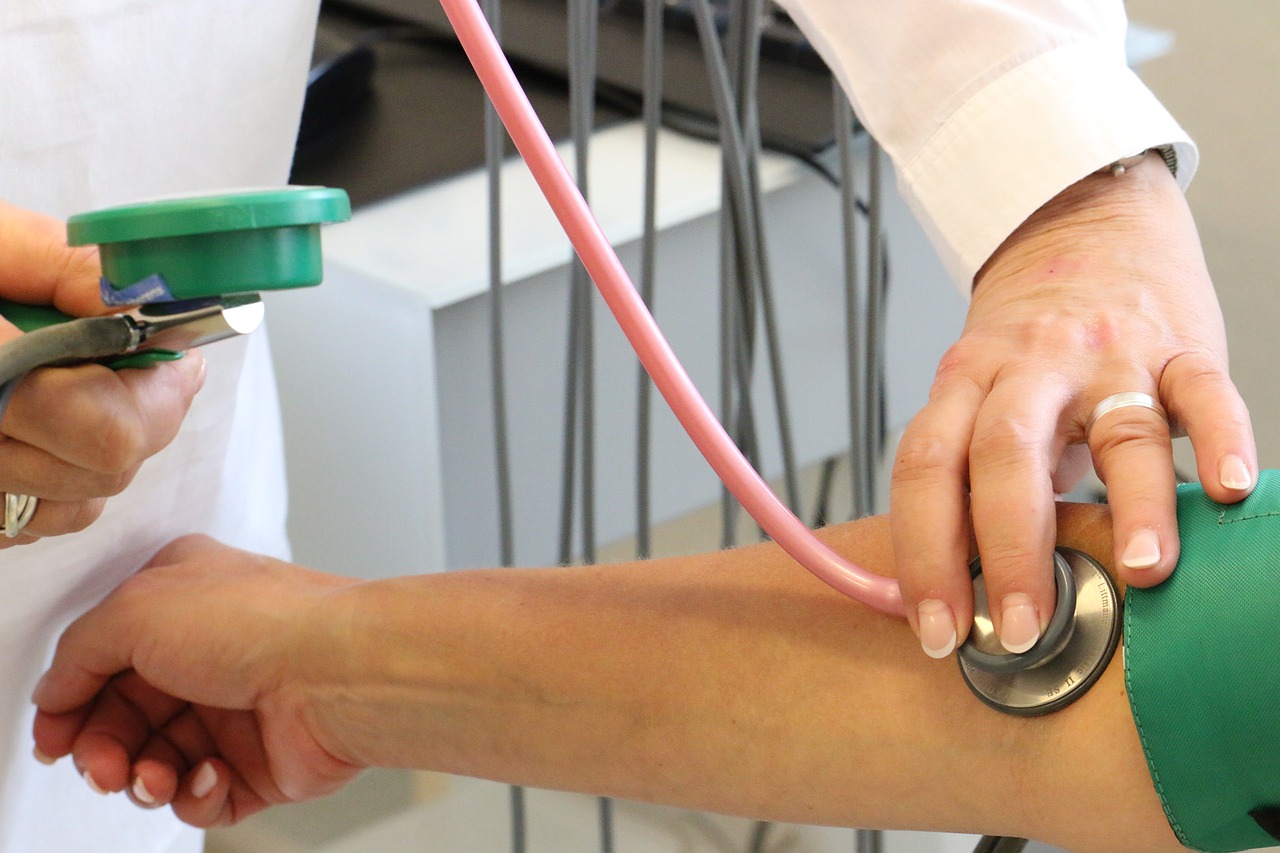Sign up to our newsletter!
Bendroflumethiazide (Bendrofluazide)
Bendroflumethiazide, also called bendrofluazide is a widely used blood pressure medication. It belongs to the group of blood pressure medications called thiazide diuretics. Could this be the right medication for you? How does it work and what are its side effects?

This is a commonly prescribed drug as first line medication in the treatment of mild to moderate hypertension in any one 55 years of age or more. It is an effective medication of moderate potency compared to other blood pressure medications.
Because individuals of Afrocaribbean origin usually have a genetic predisposition to poor salt filtration and excretion from their kidney, this medication is found to be very good as first choice in individuals of that extraction suffering with high blood pressure, irrespective of their age (whether less than age 55).
Bendrofluazide belongs to the same group of hypertension medications like Microzide (hydrochlorothiazide) and can be used in combination with other blood pressure medications.
How It Works
Bendroflumethiazide, like all thiazide diuretics, works on the kidney cells at the so called "distal convoluted tubes". It inhibits the absorption of sodium chloride (common salt) by the kidney, leading to loss or excretion of sodium into the urine. This then leads to a reduction in blood volume (that is the water content of blood is reduced), which in turn leads to a reduced blood pressure.
Another well known mechanism of action of bendroflumethiazide in bringing down blood pressure is by causing a mild degree of dilatation of blood vessels (vasodilatation). This is thought to be due to a relative stimulation of increased re-absorption of calcium when they inhibit sodium chloride absorption.
This thiazide diuretic also lead to potassium excretion along side sodium. This loss could be mitigated by using low doses where possible.
According to the British National Formulary (BNF), "a low dose of a thiazide produces a maximal or near maximal blood pressure lowering effect, with very little biochemical disturbance".
Uses
On its own or in combination with other medications, bendrofluazide can be used in the treatment or management of:
- Hypertension (or raised blood pressure)
- Heart Failure
- Pulmonary Oedema
- Treatment of Hypercalciuric Kidney Stones - because it reduces calcium excretion, thus preventing calcium stone formation
- Nephrogenic Diabetic Insipidus - by causing plasma volume reduction.
According to the National Institute of Clinical Excellence in the United Kingdom, this medication should only be prescribed as a first choice medication in any one above the age of 55, or anyone of African or Caribbean origin with hypertension, even if he pr she is below age 55.
It can be used in combination with an "ACE Inhibitor" as a second line drug in any one of any race if the first line medication fails to be effective in the bringing down of blood pressure to the desired level.
Dosage
In the treatment of hypertension, a dose of 2.5mg taken in the morning is standard. This dosage could however be adjusted to individual patient requirement. The use of higher doses than this for hypertension is rarely warranted, and could "cause more marked changes in plasma potassium, sodium, uric acid, glucose, and lipids, with little advantage in blood pressure control" - BNF.
For hypertension and oedema (edema) combined, a dose of 5 - 10mg daily or taken alternate days is the recommended adult dose. For children aged 1 month to 2 years, the dose is titrated to weight at 50 to 100micrograms per kilogram body weight, and 50 to 400microgram of bendroflumethiazide per kilogram body weight for children 2 to 12 years old.
It is best to take this medication in the morning to reduce the likelihood of having to wake up several times in the night to pass urine.
Side Effects of Bendroflumethiazide
If you are taking this medication, there are important side effects of bendroflumethiazide you must familiarize your self with. They include:
- Reduced Potassium salts in your blood (hypokalaemia)
- Reduced Sodium salts in your blood (hyponitraemia)
- Tendency to feel dizzy and even fall when standing up due to reduced blood pressure on standing up suddenly (postural hypotension)
- Precipitation of gout - pain in joints (often the knee or big toe, becoming red and very painful)
- Impotence or erectile dysfunction in up to 20 percent of users (that is one in 5 users)
- Rashes on prolonged exposure to sunlight
- Pancreatitis
- Reduced platelet count (Thrombocytopenia)
- Acute Retention of Urine (inability to empty your bladder, especially in men over 50).
Do not be put off from using this medication. Millions of individuals worldwide use it daily. Most of these side effects of bendrofluazide are rare, but you just need to note them, in case you happen to be one of those who develop them so that you can point it out to your doctor.
Stay Connected





New! Comments
Have your say about what you just read! Leave me a comment in the box below.